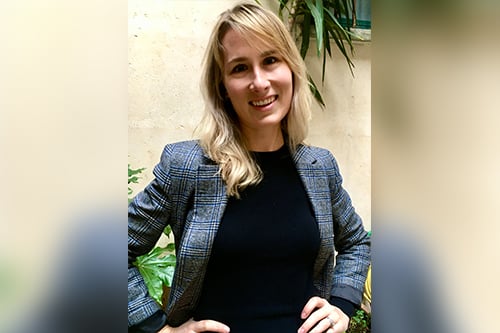

The following is an editorial by Alicja Grzadkowska, senior news editor at Insurance Business. To reach out to Alicja, email her at [email protected].
As countries start re-emerging from shutdowns, the world to which businesses are opening their doors is a very different one than two months ago. For one, many of their neighbouring businesses might never open again. McKinsey & Company estimated that more than half a million small-business jobs are at risk in 22 of the 50 US states due to COVID-19, and this picture isn’t better in other parts of the world.
In Canada, a survey of 9,678 Canadian Federation of Independent Businesses (CFIB) members back in March revealed that about a third of closed firms were unsure they would reopen. Meanwhile, in Australia, Bureau of Statistics data showed that two-thirds of businesses across all sectors were taking a hit to revenue or cash flow due to the pandemic, as have businesses in Europe and countries across Asia, who will see much less traffic for months to come as many tourists stay at home for the summer.
How small businesses will fare following the initial wave of the outbreak is critical for brokers and agents, many of whom have clients that identify as small businesses seeing as SMBs make up a significant proportion (90% and over) of total businesses in many economies.
If they have made it out on the other side of the months-long lockdowns, part of SMBs’ longer term success will depend on their ability to navigate potential shutdowns down the road as some experts warn of a second wave of coronavirus in the fall.
Keeping these challenges in mind, brokers and agents play an important role in helping businesses get by during this crisis and beyond. Many insureds are leaning heavily on their insurance advisors right now to help them understand their insurance and whether they’re covered for business interruption or any other exposures coming out of COVID-19, such as contents insurance to protect against the potential for burglaries when the office or storefront is empty for weeks.
While the global health crisis has had many negative impacts on individuals and businesses, brokers and agents can be that trusted advisor to businesses now, and in turn strengthen their relationship and re-emphasise their vital role to insureds. They can take advantage of the many webinars and other resources that insurance companies are putting out on various topics related to navigating the crisis, and develop a deeper knowledge base about coverages to benefit their clients.
Other ways brokers and agents can help insureds is providing insight on how to safely reopen their businesses as lockdowns are lifted, giving directions on which associations and governmental entities are providing financial assistance for specific industries, and offering resources about how BI coverage will respond, if at all, and the steps needed to make a claim.
They can also develop their risk management expertise further, since it’s not enough to just provide an insurance solution and not take a client through an assessment of their risk and how it will evolve looking into the years ahead – important when considering that there will be a coronavirus cloud hanging over businesses for the coming years. Businesses need to know how to protect their employees and clients from a second and third wave of COVID-19 and related shutdowns, and brokers and agents have many resources at their fingertips to compile and pass along to insureds.
Offering more ways to communicate with insureds is likewise important, as is building an online presence so brokers and agents are easy to find and responsive through whatever channels the consumers value most.
Many insurance professionals are already doing some or all of these things, but they can’t lose steam as the crisis continues to unfold. Not only is it in the best interest of insureds for their brokers and agents to be well-informed and available to their clients right now, but it’s also important for ensuring the long-term health of the broking and agency industry. After all, many brokerages and agencies are small businesses themselves and if they don’t step up now, their own doors may soon close.
